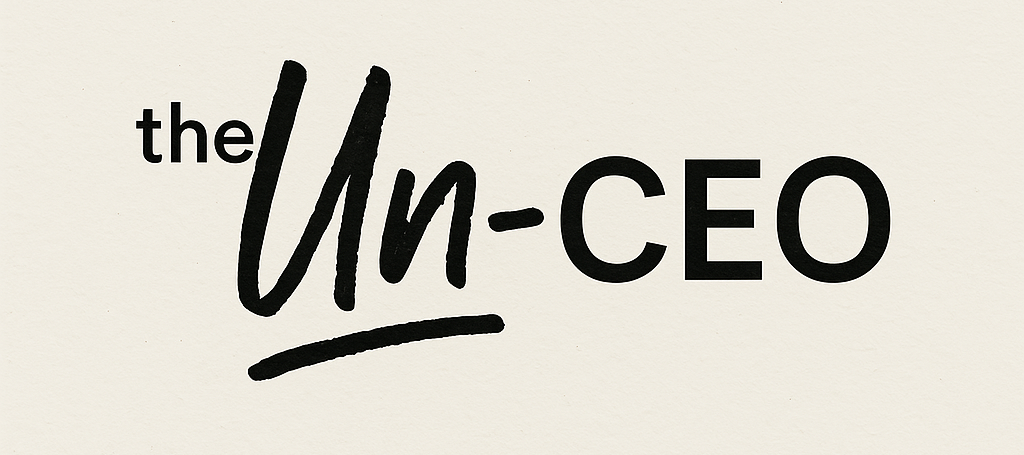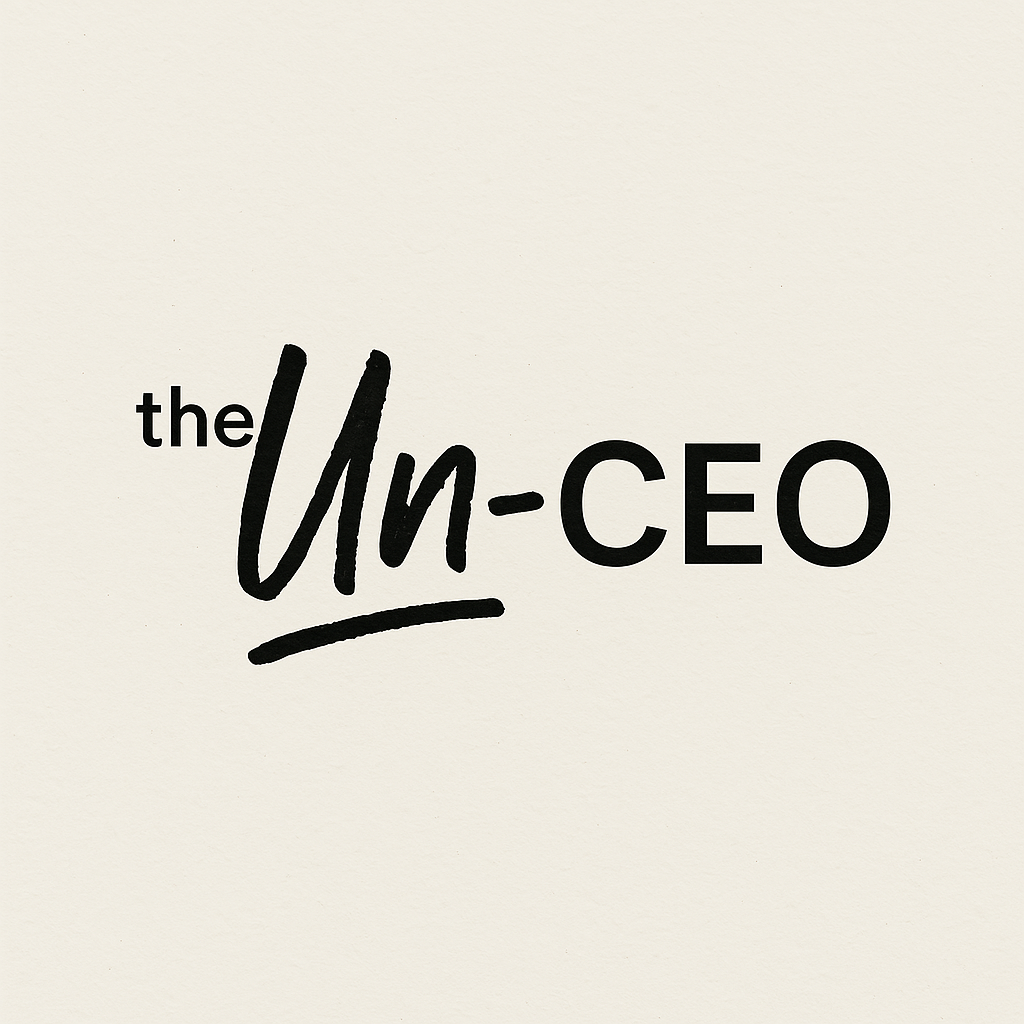
Role of Luck in Business
There was a lot of talk about luck this summer! Mostly due to this paper outlining a well-done lab experiment on luck.
Additionally the MIT Technology Review (a great resource for business information, especially if you are looking for advice and commentary with a technology bent) had additional analysis.
Especially in America, we see success as the natural fallout of talent + hard work. But does hard work always (or every) guarantee success? How about talent? If so, how do they factor in? If I work 10% more than you (44 hours vs. 40 hours) will I earn 10% more? How about investors who earn 1,000 times what some people earn? Did they work 1,000 times longer than you? No, there aren’t that many hours in the day. Are they 1,000 times smarter than you? Again, no, IQs aren’t zero to one million, they are all somewhere around 100.
In the research, as long as you have a minimum level of intelligence and put in a minimum level of effort, that combined with a great deal of luck will win the day.
That’s the fascinating part of this research. They ran simulations on returns with simulants having a range of talent. If talent were key, those with the top talent should be the obvious winner because in the simulation, increased talent begat increased return on investment. The second factor however was luck. Each iteration had a luck factor of good luck or bad luck. The results show “almost never the most talented people reach the highest peaks of success, being overtaken by mediocre but sensibly luckier individuals.”
It’s interesting to see investors going after a “proven quantity”, e.g. someone who’s produced results before. However, if luck is the presiding factor, then what you’re really hoping is that the same person is lucky a second time. That seems risky.
The now-classic book “A Random Walk Down Wall Street” by Burton G. Malkiel showed quite clearly that buying a holding a large random basket of stocks is always better than a hand-picked investment basket, much to the chagrin of those high paid hand-pickers.
It should then follow that as a venture capitalist investing in a basket of random start-ups should produce better results than hand-picking start-ups based on any set criteria. I’d love to setup a fund where startups jump through a few minimal hoops to apply and then you throw the dice to choose the dozen or so that get financing that round.
I wonder how that would work for a company trying to innovate in their market? Do you invest in a bunch of internal teams/products and see which one(s) luck shines it’s light on? If your business “spreads the wealth” on internal projects how does it work? Are you seeing success? Let me know on Twitter at @VoipCEO.
Sources:
Original article from Nautilus: Bo Burnham and the Illusion of Meritocracy
Original Research: Talent vs Luck: the role of randomness in success an failure (May be paywalled)
Vox Article: The radical moral implications of luck in human life.
Image Source: The Met Open Access. Ornament in the shape of Daikoku, God of Luck. Edo Period (1615-1868) – 1698 Japan. Clay glazed and gilt.






